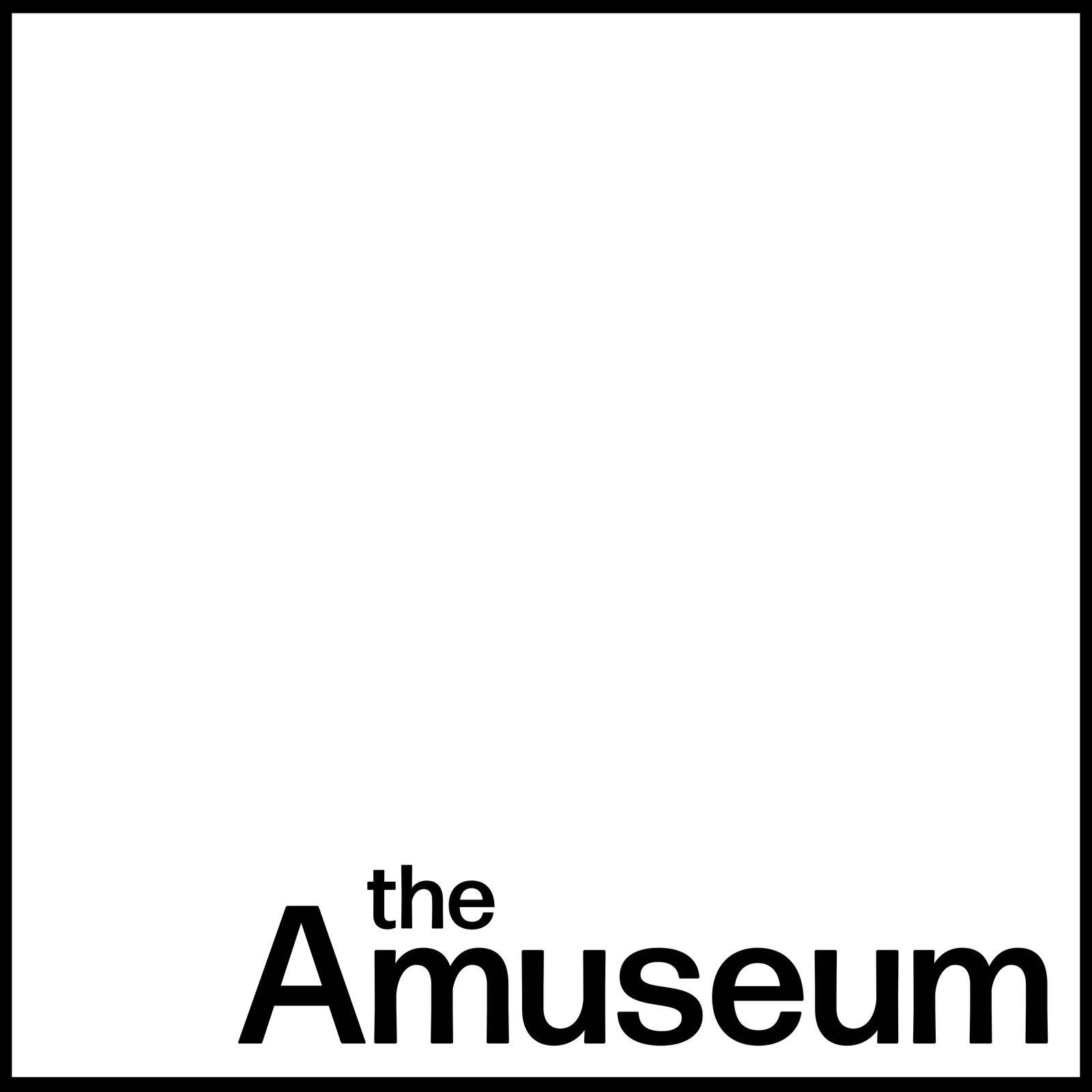Who was Tullia d’Aragona?
Born sometime between 1505 and 1510 Tullia d’Aragona was poet, a philosopher and a courtesan. Her mother was Giulia Campana/Giulia Ferrarese, and appears to have been a courtesan herself. There are numerous discrepancies in some of the details on Tullia such as if her father was the Cardinal Luigi d’Aragona, illegitimate grandson of the King of Naples or Costanzo Palmieri d’Aragona, whom nothing appears to be known about – which these days in itself is a statement. It is reported that her mother, and Tullia herself, said that the cardinal was her father.
Being a courtesan in the 16th century was a good idea, the career options for women were severely limited; nun, or wife. All aspects of women’s lives were strictly controlled, what they wore, when they were allowed out of the house, what activities they could engage in. The exception was courtesans who enjoyed control of their own money, freedom to move around, and a certain degree of social and political protection – providing they had the right friends.
D’Aragona ran with an interesting crowd, the intellectuals, poets, politicians and business magnate’s of the day. Sperone Speroni, Bernardo Tasso, Filippo Strozzi, Giralamo Muzio, Ercole Bentivoglio, Bendetto Varchi, and the Medici to name a few. Her intellect, wit, and influence would have made her a formidable woman.
d’Aragona moved frequently, possibly due to the restriction of dress for sex-trade workers. It was important, given her clientele, that she be able to pass for a noble woman, despite the probability that everyone would have known. Having been born at the tail end of what might have been the golden age of the courtesan Tullia probably struggled with and was very aware of her public image, it isn’t clear whether she was an intellectual who supported herself through the sex-trade or a courtesan whose ‘brand’ was intelligence.
There are three remaining works by Tullia d’Aragona: Le Rime della Signora Tullia di Aragona et di diversi a lei (Tullia dAragona’s Poetry of Dialogue), il Meschino, and Il Dialogo della Signora Tullia d’Aragona della Infinita di Amore (“Dialogue on the Infinity of Love”).
After reaching forty d’Aragona settled into a life of intellectual exploration, writing sonnets, her dialogue, and holding philosophical discussions in her home with the encouragement of Benedetto Varchi, the key participant in the ‘Dialogue on the Infinity of Love’. Several of her works were published post-humously. In 1864 ‘Dialogo della Signora Tullia d’Aragona dell infinita di Amore’ was republished bringing her work in to the modern era, but an English translation was not done until 1997 by Rinaldina Russel, and Bruce Merry. It is available today as part of The Other Voices in Early Europe from University of Chicago Press. (Link).
